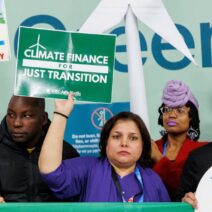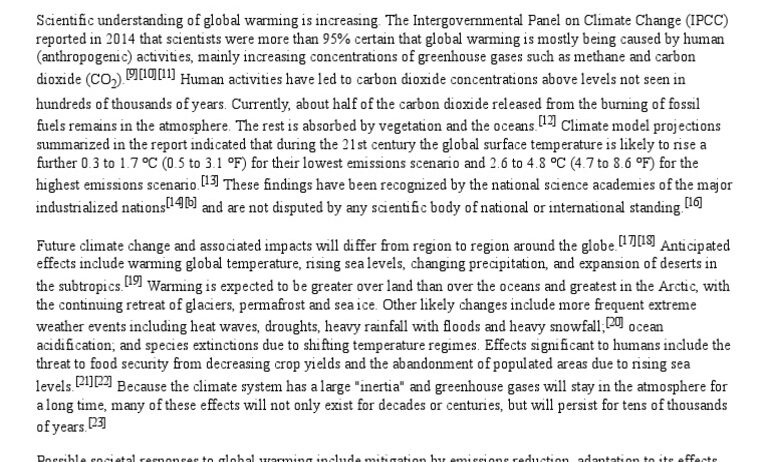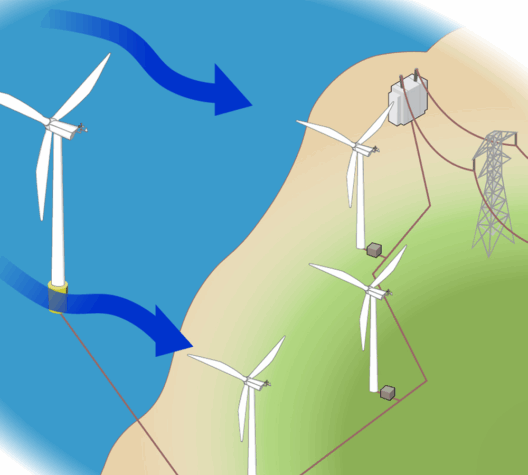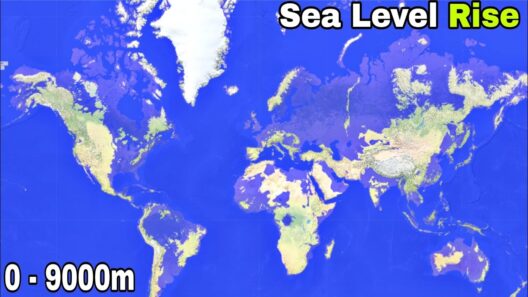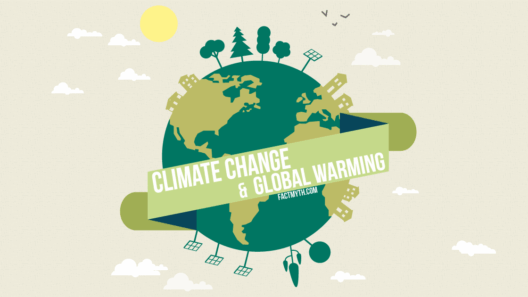Throughout history, the Earth’s climate has undergone fluctuations, with periods of warmth interspersed with cooling phases. However, the current trend of global warming, primarily spurred by human activities, marks a significant divergence from natural climatic transitions. This phenomenon has engendered a keen interest among scientists, policymakers, and the general populace alike. The allure lies not only in its immediate implications but also in its complex underpinnings. To grasp how global warming commenced, one must delve into a blend of historical context, scientific inquiry, and socio-economic evolution.
Understanding the historical trajectory is pivotal. Rapid industrialization began in the late 18th century, heralding a seismic shift in human interaction with the environment. The advent of fossil fuel combustion created an unprecedented surge in carbon dioxide emissions. This transition from agrarian to industrial societies catalyzed escalated energy consumption and concomitantly, a skyrocketing carbon footprint. As steam engines and factories proliferated, they ushered in an era characterized by a pronounced reliance on coal, oil, and natural gas.
Each year the industrialized world pumps millions of tons of carbon dioxide into the atmosphere. This escalation has far-reaching repercussions. Earth’s natural processes, including absorption by forests and oceans, cannot keep pace with the inundation of greenhouse gases. Consequently, there is a discernible accumulation of these gases, initiating a greenhouse effect that traps heat and results in rising global temperatures. Curiously, while many are aware of the phenomenon, the deeper motivations for adopting environmentally responsible practices often remain obscured, prompting inquiry into societal tendencies and behaviors.
The activation of numerous feedback mechanisms confirms that human industrial activities and urban expansion precipitate climatic changes, but underlying psychological and cultural elements also deserve scrutiny. Societies often prioritize short-term gains over long-term sustainability, perpetuating behaviors that compound environmental crises. This inclination, matching a historical trend towards exploitation of natural resources, raises pivotal questions about humanity’s stewardship of the planet.
As we delve deeper into the late 20th century, a critical juncture emerges in the form of scientific advocacy. The establishment of the Intergovernmental Panel on Climate Change (IPCC) in 1988 represented a formal acknowledgment of climate change as a pressing global issue. Following various reports underscoring the urgency, a gradual shift occurred in public consciousness and policy frameworks. However, despite mounting evidence and scientific consensus, the interplay between this emerging awareness and ingrained habits continues to evoke fascination.
This phenomenon can be attributed to the psychological disconnect many individuals experience regarding climate change. Cognitive dissonance arises when one’s knowledge about the consequences clashes with their habitual practices. For instance, despite recognizing the implications of carbon emissions, many individuals persist in behind-the-wheel commutes, eschewing public transport options that could mitigate their impact. Herein lies a paradox; the proliferation of climate science has not unequivocally translated into widespread action.
Moreover, the economic intricacies associated with transitioning to sustainable practices further muddy the waters. Industries reliant on fossil fuels wield significant influence, often obstructing reformative policies. As stakeholders grapple with the cumbersome reality of implementing eco-friendly strategies, divergent interests can hinder collective action. The very institutions that thrive on carbon-intensive activities may resist reforms that threaten their viability, creating an intricate tapestry of economic dependency on outdated models.
Meanwhile, socio-political discourse often shapes perspectives on climate change. In certain spheres, skepticism emerges as a vital thread in an intricate socio-political fabric. Denial of climate science does not merely stem from ignorance but reflects broader ideological conflicts, highlighting the complexity of the issue. Addressing climate change transcends mere scientific understanding; it necessitates an upheaval of entrenched attitudes and perceptions regarding our relationship with the environment.
As global temperatures continue to rise, the repercussions of climate change manifest in variegated forms. From extreme weather events to habitat destruction, the breadth of impacts underscores the narratives within the climate crisis. Yet, within this adversity lies an opportunity for transformation. Communities worldwide are forging a collective response, exploring renewable energies, sustainable agriculture, and conservation practices. These grassroots movements embody the duality of concern and hope, spurring innovations that redefine humanity’s engagement with nature.
Education serves as a crucial cornerstone in this dialogue. By cultivating a deeper understanding of climate science and fostering environmental stewardship, societies can encourage informed decision-making that promotes sustainability. Bridging gaps between historical knowledge and contemporary issues is paramount. In particular, incorporating ecological principles into educational curricula can engender a new generation imbued with a sense of responsibility towards the planet.
In conclusion, the inception of global warming and climate change can be traced to a complex interplay of industrial practices, economic dependencies, and evolving societal attitudes. As we grapple with the nuances of this crisis, we must remember that the journey toward sustainable living is not merely a scientific endeavor but a cultural paradigm shift. Cultivating awareness and fostering a collaborative spirit can potentially guide humanity towards a more sustainable future, one where respect for the planet prevails over exploitation. The narrative of climate change continues to unfold, and it demands engagement from all corners of society.
